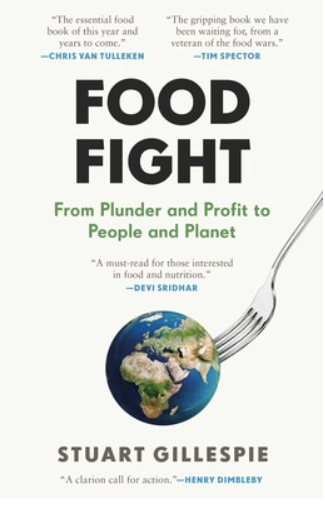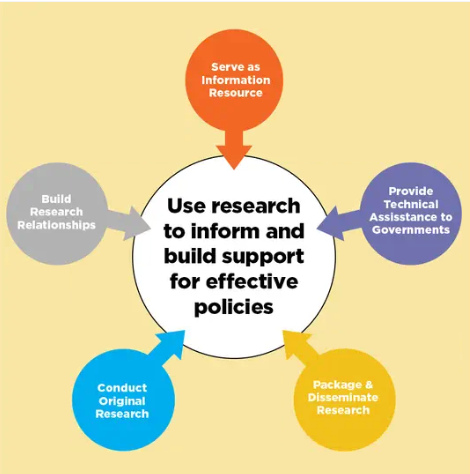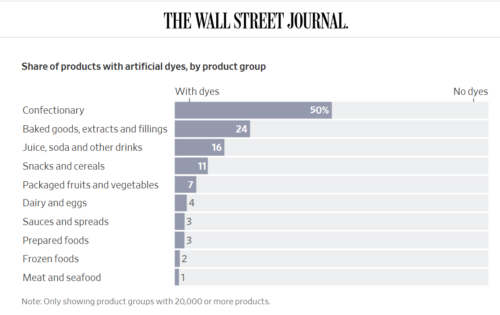Weekend reading: Food Fight
Stuart Gillespie. Food Fight: From Plunder and Profit to People and the Planet. Canongate, 2025.

I wrote a blurb for this book:
From his years of experience working in international nutrition, Gillespie has on-the-ground knowledge of why and how global food systems lead to widespread hunger, obesity, and environmental damage, and what needs to be done to make those systems healthier for all. He makes it clear that this food fight is crucial to take on.
I particularly like his discussion of what is needed to transform food systems:
‘Food system transformation’ has become the mother of all development clichés in this decade. The real goal of many who invoke it is not real transformation—it’s more about fiddling on the fringe. To truly overhaul the food system, we need to see a major shift in the structure and dynamic of power. Unsurprisingly, those in power now don’t really want such a shift, whatever they proclaim in conferences, interviews, and annual reports…What’s really being discussed in these conferences and reports is transition, not transformation.
On the need for a real food movement:
Linking people working separately on obesity, undernutrition or the climate crisis is one of the big challenges in creating concerted local-to-global action. No transformative social movement yet exists that addresses malnutrition. It’s about time.
Indeed, yes.



